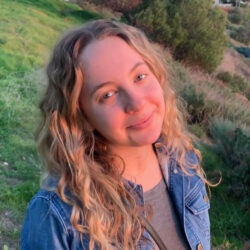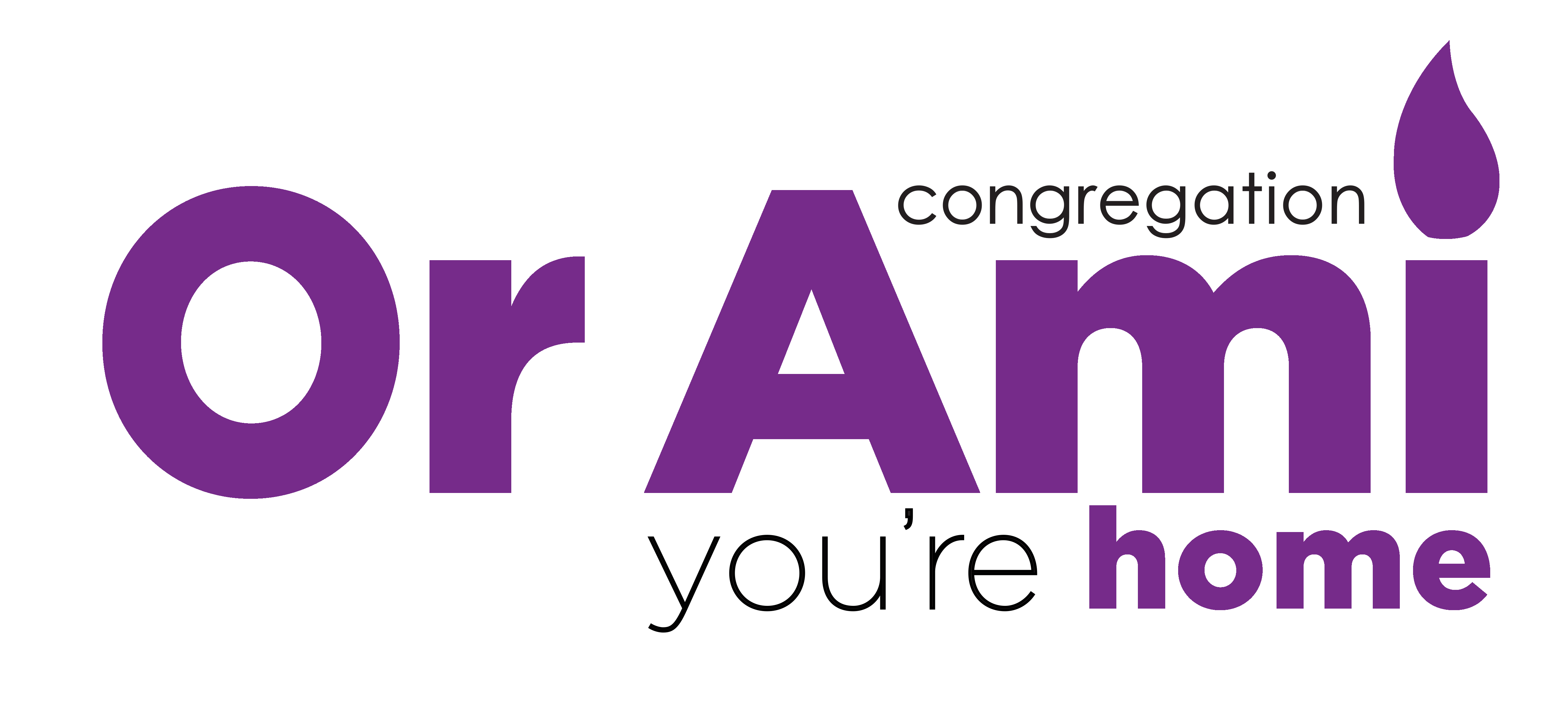Kvell and Tell – June 8 2020 – Molly Gross’ Speech from Sh’ma Koleinu

Or Ami Young Adult Molly Gross delivered this speech during our event last week, Sh’ma Koleinu: Hearing the Voices of Pain During this Time of Brokenness – A Minyan for Seekers of Meaning
I just want to start by acknowledging my own humanity. I don’t have the perfect words and probably will not say all of the right things, but I am just going to speak from my heart, and I hope you find something to connect to.
For me, the world is a difficult place to be right now. I’m trying to do everything I can, and simultaneously it feels like not enough. Our world is suffering from a pandemic. Amidst all of the pain the world is facing in light of COVID-19, recent events have brought another type of pain to attention. The death of George Floyd amongst countless others has forced the nation to confront the ongoing problem of unequal justice in our country.
In light of this, I am taken back to an English course I took last semester titled, “Representations of the Holocaust.” Many themes and discussions feel relevant and hope to share some with you.
It is easy for me to care about the Holocaust because it is personal to me – it relates to my identity, culture, religion, and family. Although many of the students taking the course identified as Jews, many non-Jewish students elected to as well. I was struggling to show up to class each day, as the subject got more difficult and the memories even more painful. I continued to remind myself as to why this mattered to me. I took solace in my intention.
Yet as showing up every day got more and more difficult, seemingly impossible, I questioned, why were these students deeply concerned with learning about my struggles? And through discovering the answer to my own question, these students inspired me. They made the active choice to bear witness to the pain of others.
One non-Jewish student spoke about her Korean heritage and ensuing struggle to understand her grandmother’s trauma in her upbringing and assimilation to America. She wanted to learn how to tell stories, and understand those of others. She illuminated the beauty within storytelling for me, and taught me that it is a privilege to hear stories, even the painful ones.
Yet, it is also a privilege to be heard. Benjamin Franklin said: “Justice will not be served until those who are unaffected are as outraged as those who are.” I will never forget the tears my non-Jewish classmates cried, or the pain they expressed, about something that did not personally affect them, and I feel it is my duty to show the same empathy towards others in return.
Sometimes there are no words to depict one’s trauma. Trauma can lead to muteness – an utter loss of language. Some share their stories, and others find that denotation fails them. How do you express to someone adequately, what you have witnessed, when you literally don’t have the language yourself?
So, there is no “right.” There is no proper way to mourn. People process and express difficulty in various ways: head on, through repression, going silent – yet independent of the means, we must sympathize with their struggle.
Yet despite these challenges, people are speaking up now, trying to tell us what has happened. And it is our job to listen.
In order to achieve social achievement, my professor Al Filreis taught me there first must be a scream. The black community is screaming right now. And it may feel uncomfortable. Yet social achievement cannot be reached unless the scream is heard, otherwise, it is just a scream.
In order to reach social achievement, we must listen, carry these stories, start conversations, educate others, say their names, evoke change.
So, there’s a scream – a cry for help. We hear the cry, and we must cry too. And in our crying, feeling, caring for struggles that we may not carry ourselves, we provide human solidarity. We hear their indescribable pain, and amidst our lack of experience that keeps us from understanding it entirely, we say “we see you, we hear you, your testimony is truth.” And our achievement comes in caring and human connection.
And, as writer and holocaust scholar Terrence Des Pres states, “all things human take time.” So let’s put in the time. The time to challenge the structures that support these pervasive issues. The time to stop the ongoing inequality towards the black community, and all communities of color. The time to acknowledge that we don’t have all the answers. I’m accepting that I do not know what others experience. I understand I will never understand. However, I am committing to diversity and inclusion, and to stand against racism. I will work to be an effective ally.
As human rights activist Desmond Tutu says, “if you are neutral in situations of injustice, you have chosen the side of the oppressor.” Based on Torah, My parents frequently instructed us to not stand idly by. I can’t stand idly by. Instead, I will continue to struggle and sit in the discomfort. To not lose my humanity nor empathy. And I invite you, with me, to acknowledge our stories, our privilege, and to together bear witness to the stories of others. It is vitally necessary and urgent that we listen. Thank you.
